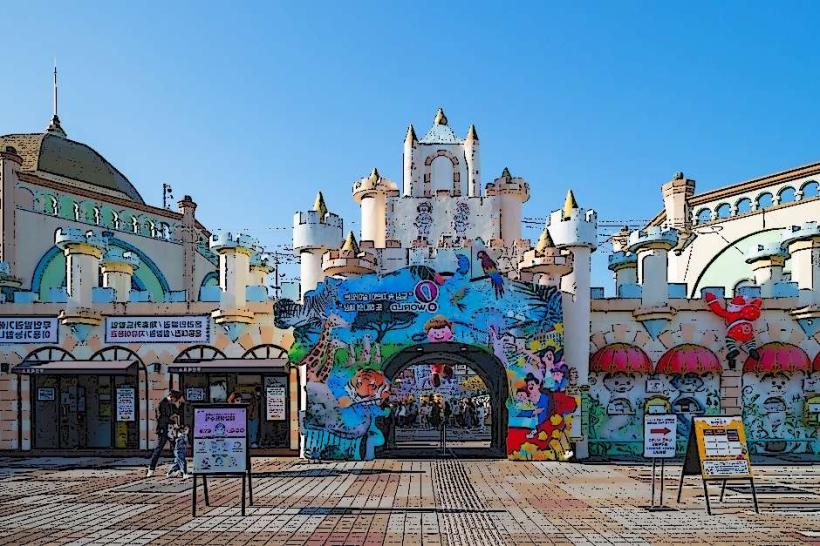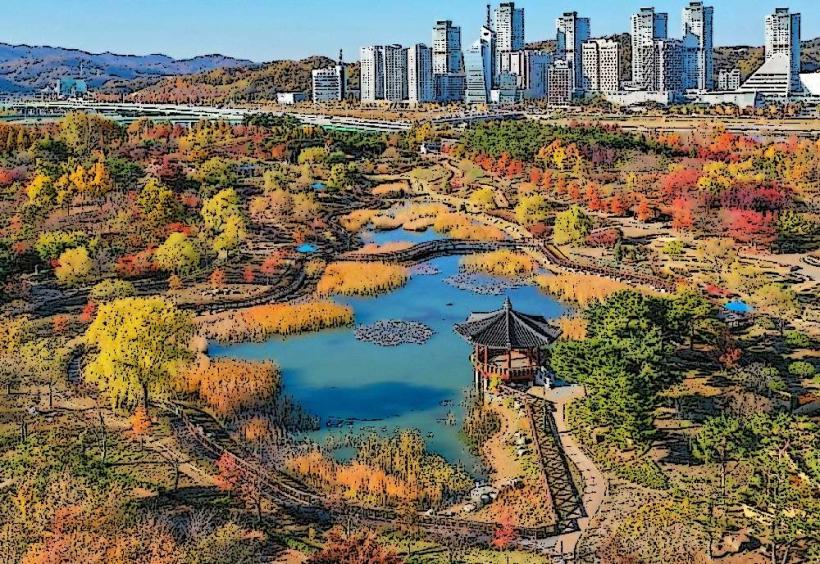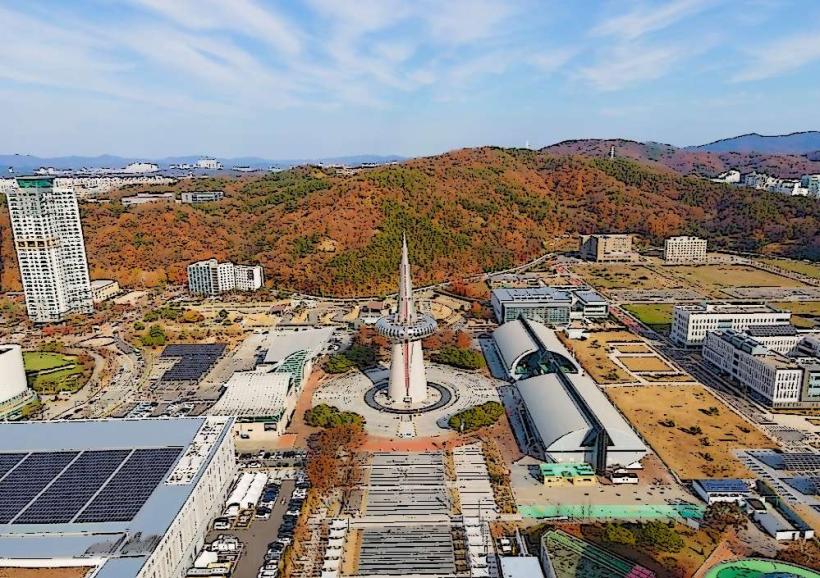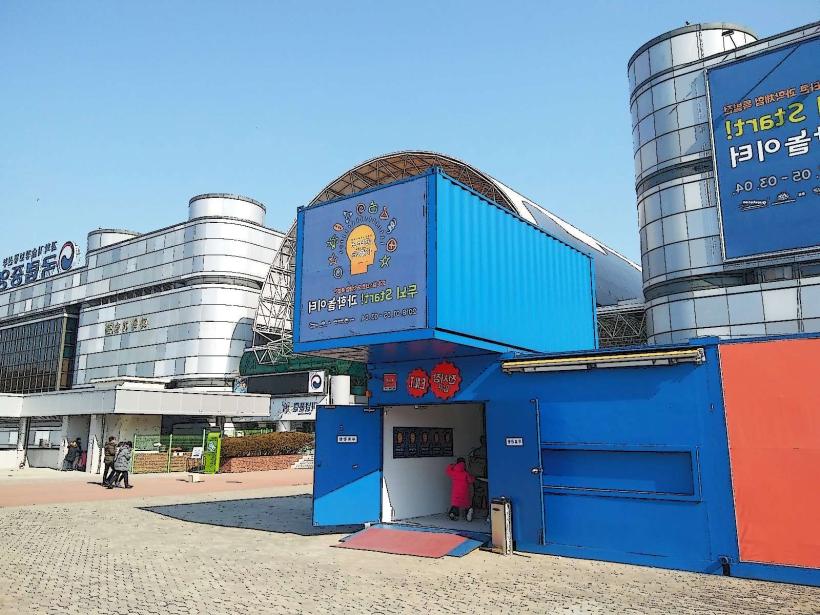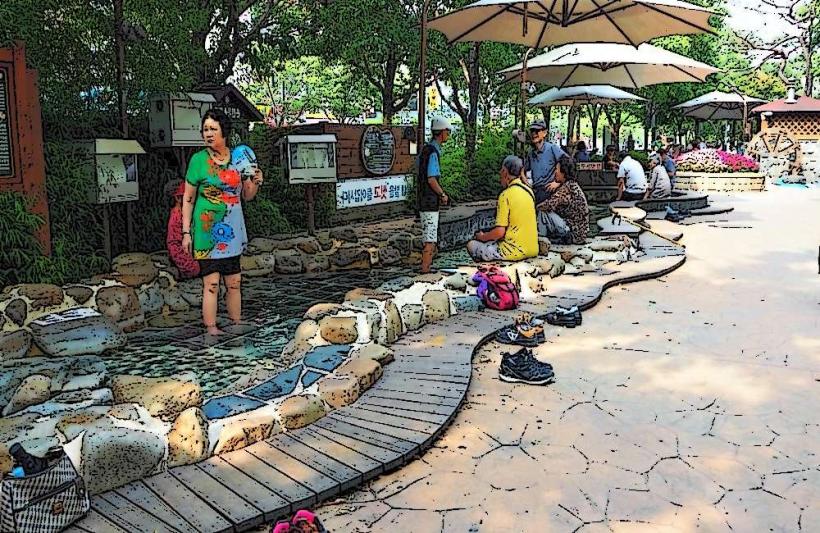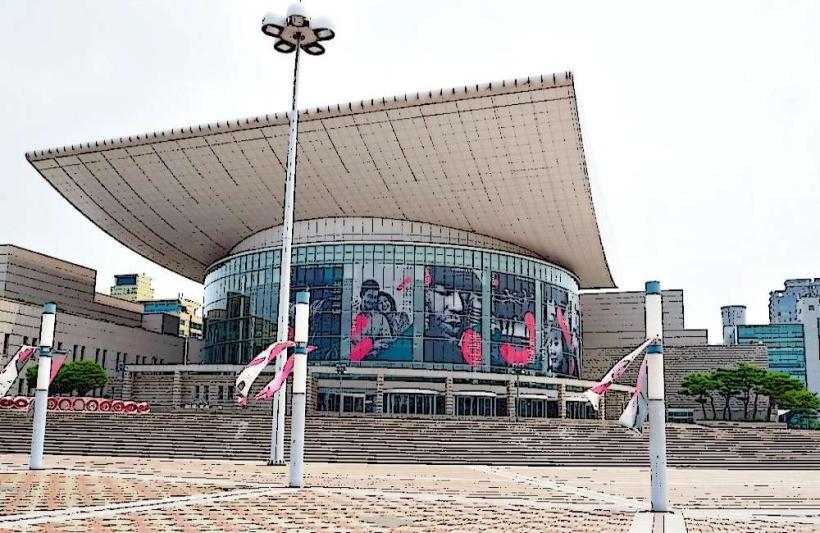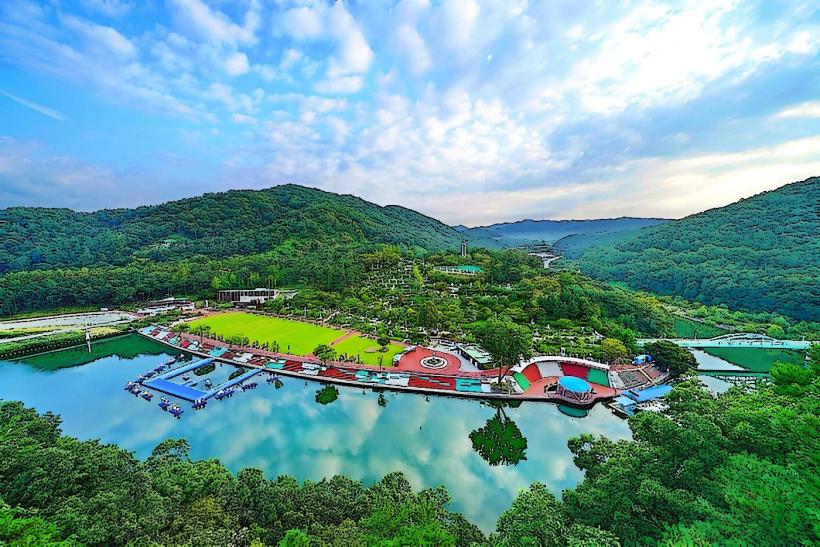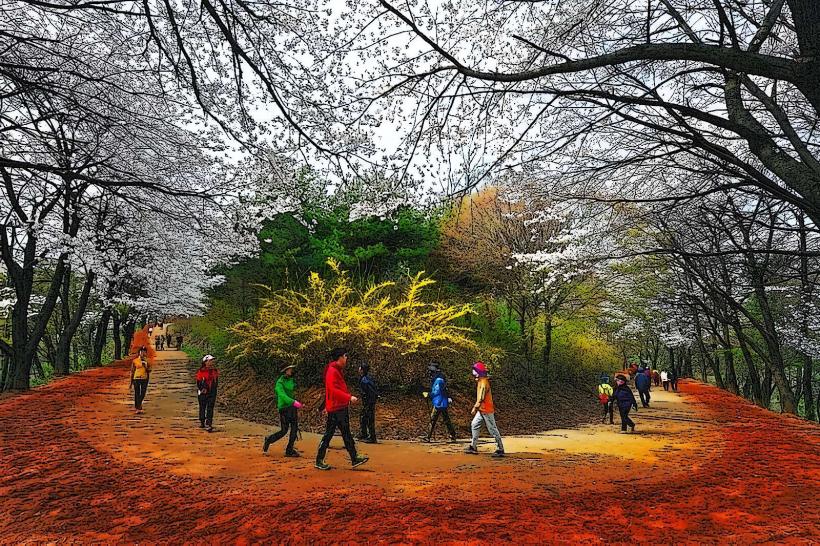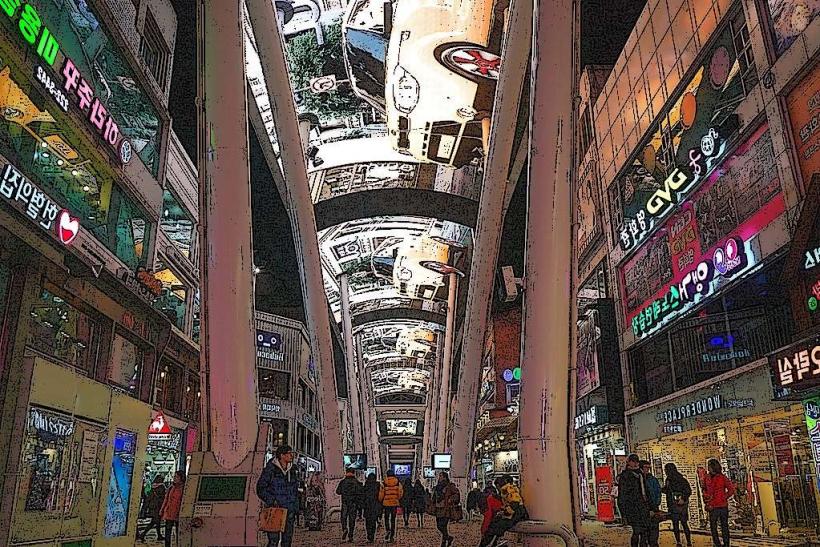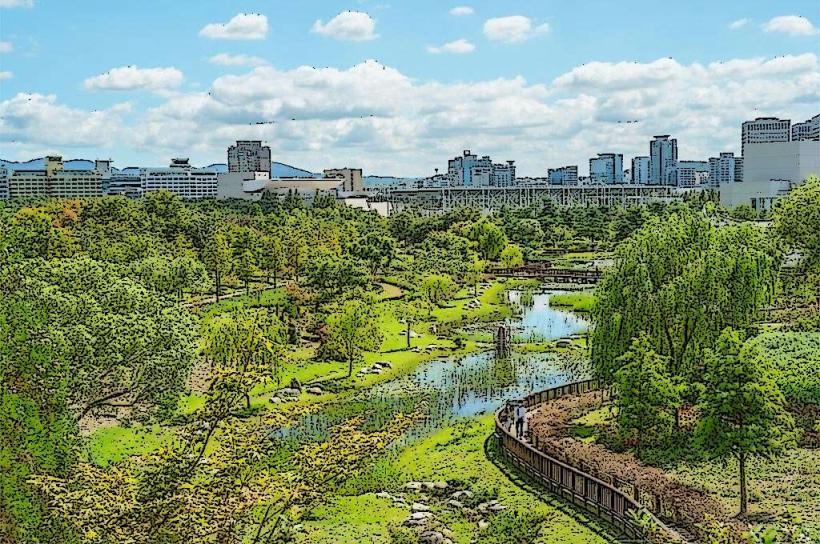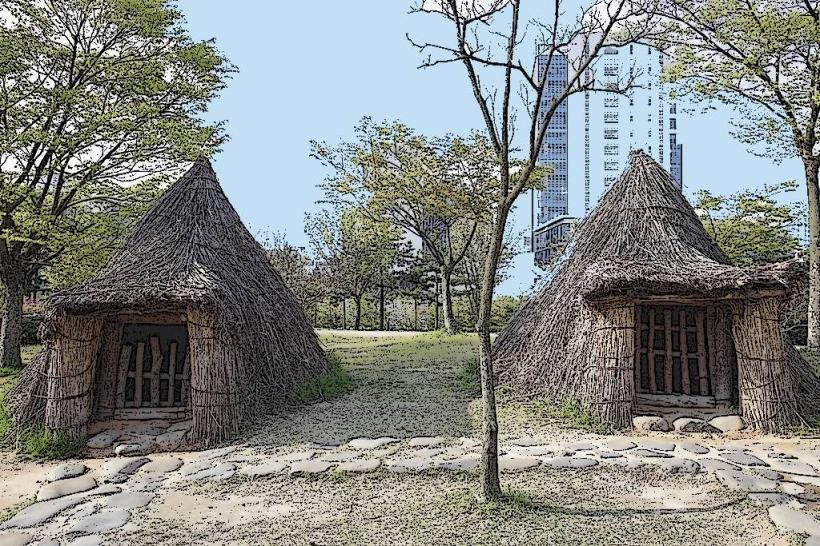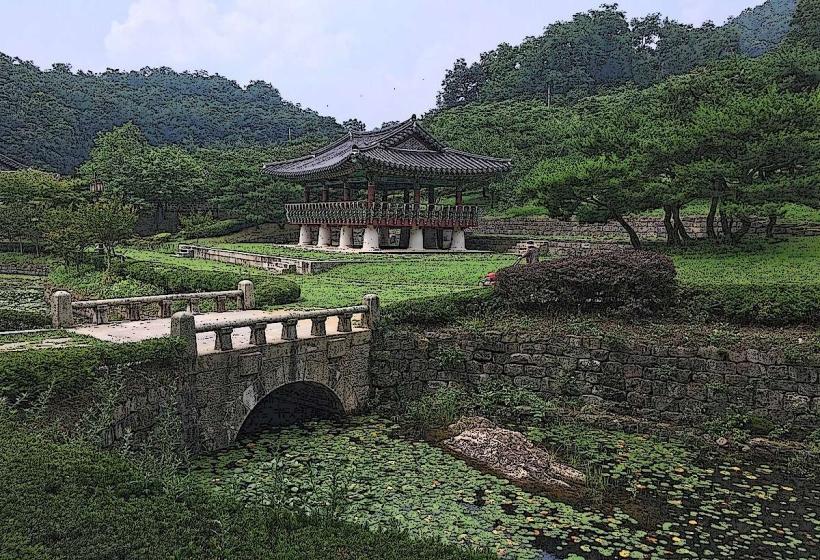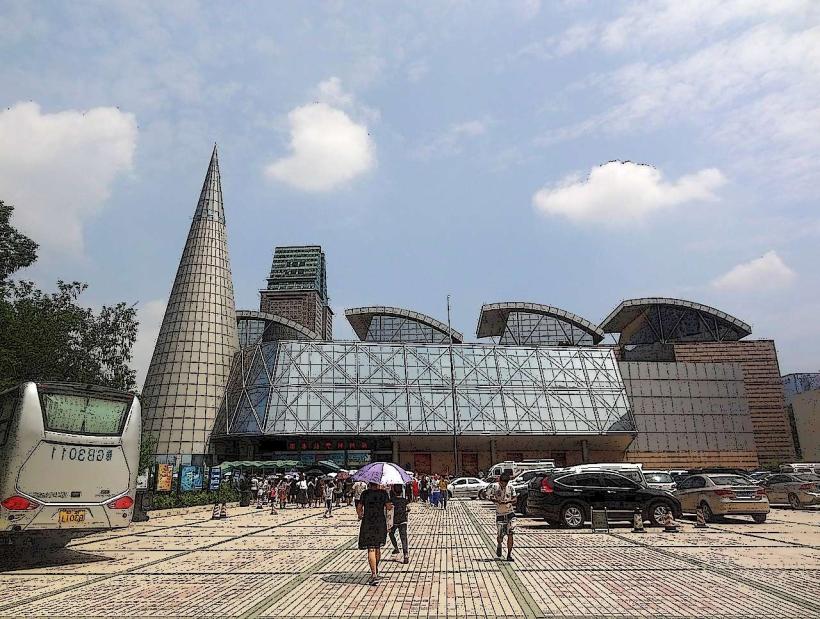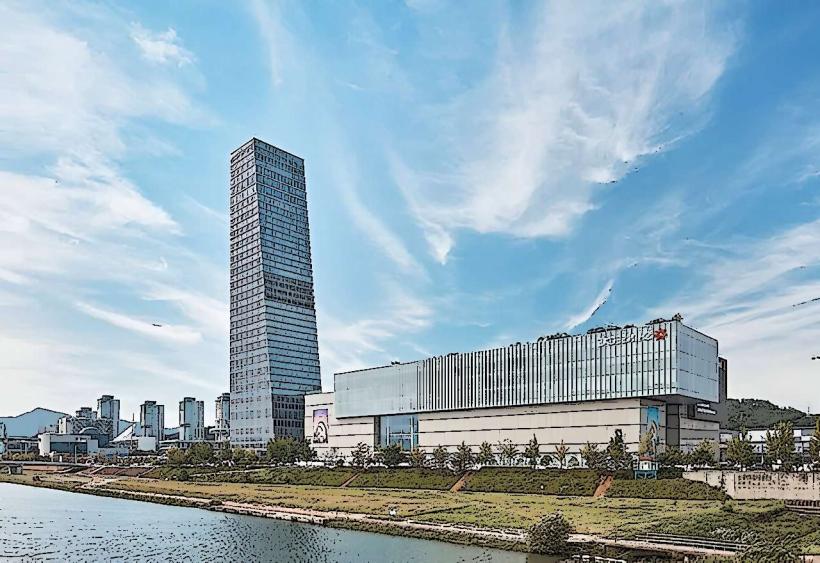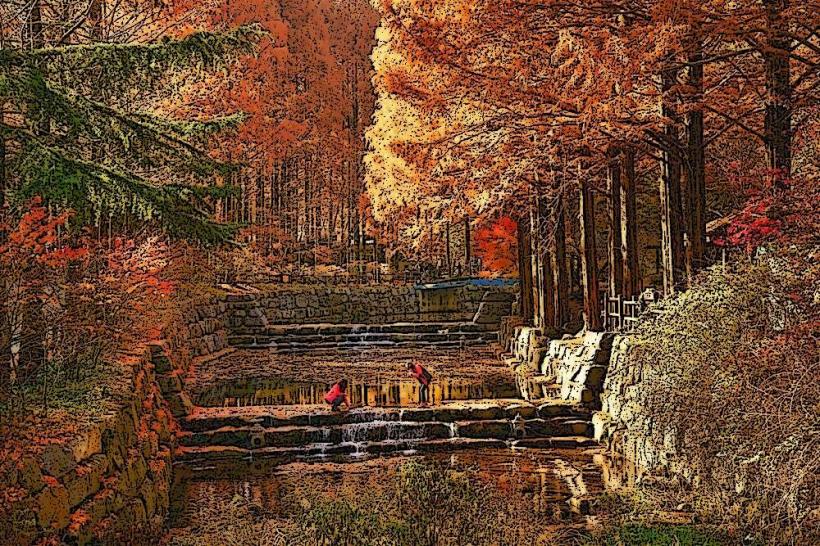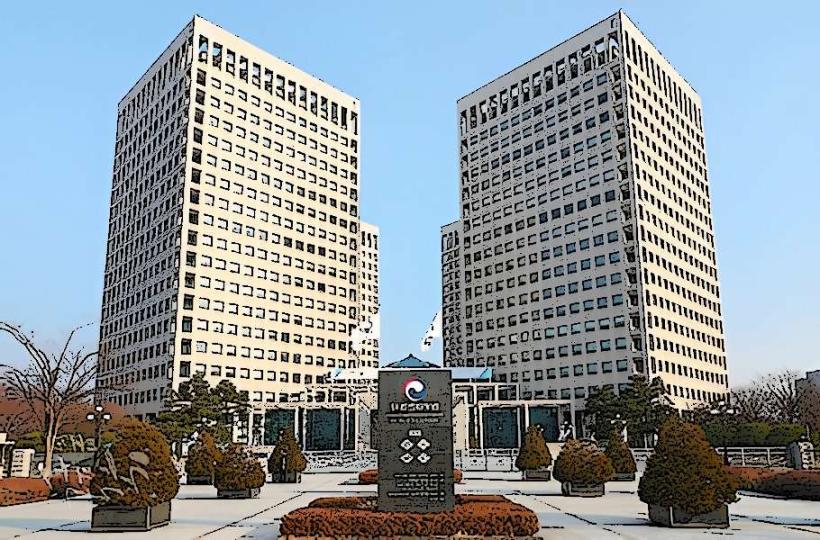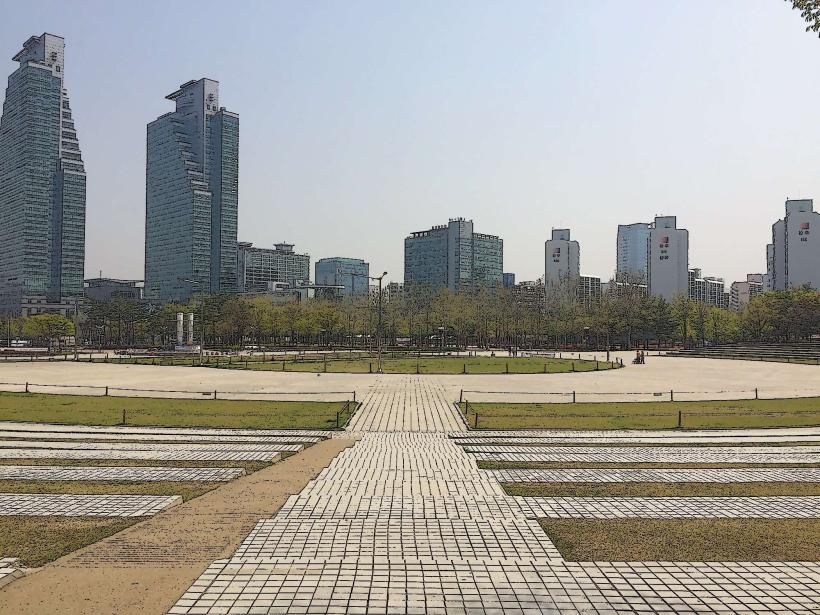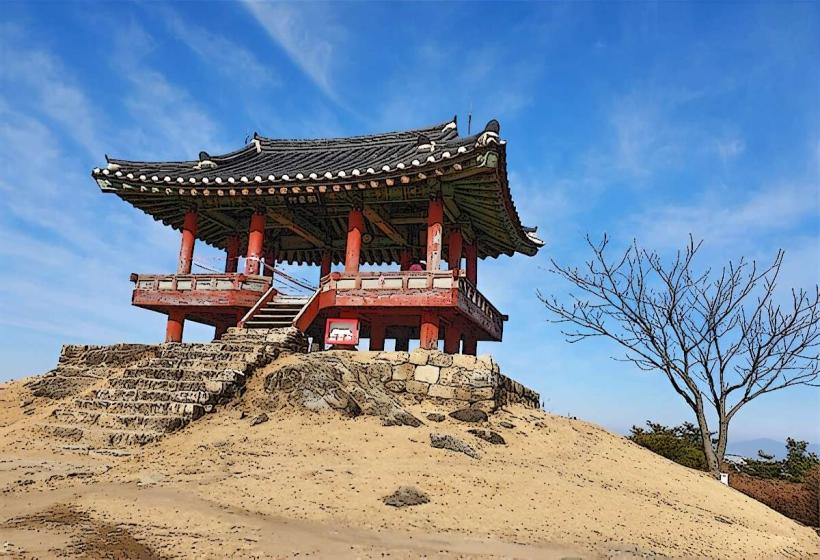Information
Landmark: Daejeon StadiumCity: Daejeon
Country: South Korea
Continent: Asia
Daejeon Stadium, Daejeon, South Korea, Asia
Daejeon Stadium is a multi-purpose stadium located in the city of Daejeon, South Korea.
It primarily serves as a venue for sporting events and concerts.
Visual Characteristics
The stadium features a distinctive, curved roof structure constructed from steel and fabric. Its exterior walls are primarily composed of concrete and glass panels. The seating capacity is approximately 42,000. The architectural style is modern, with an emphasis on aerodynamic design.
Location & Access Logistics
Daejeon Stadium is situated approximately 5 kilometers west of Daejeon's city center. Access is via National Route 32. Ample parking is available on-site, with dedicated lots for event attendees. Public transport options include Daejeon Subway Line 1, with the nearest station being City Hall Station, followed by a 15-minute walk or a short bus ride on lines 101, 102, or 103.
Historical & Ecological Origin
Construction of Daejeon Stadium began in 1998 and was completed in 2001. It was designed by the architectural firm HAEJO & KIMM. The stadium was originally built to host matches for the 2002 FIFA World Cup.
Key Highlights & Activities
The stadium hosts professional football (soccer) matches for Daejeon Hana Citizen FC. It is also utilized for athletic competitions and large-scale music concerts. Visitors can attend scheduled sporting events or inquire about guided tours of the facility during non-event periods.
Infrastructure & Amenities
Restrooms are located throughout the stadium. Shaded seating is available under the roof structure. Cell phone signal (4G/5G) is generally strong within the stadium complex. Food and beverage vendors operate during events, offering a range of concessions.
Best Time to Visit
For optimal viewing of sporting events, check the official schedule for Daejeon Hana Citizen FC matches. For photography of the stadium's exterior, late afternoon light provides good illumination. Weather is generally most favorable for outdoor events between April and October.
Facts & Legends
During the 2002 FIFA World Cup, Daejeon Stadium hosted three group stage matches, including a notable draw between Germany and Cameroon.
Nearby Landmarks
- Daejeon Arts Center (1.2km East)
- Daejeon Museum of Art (1.5km East)
- Expo Science Park (2.0km Southeast)
- National Science Museum (2.5km Southeast)

